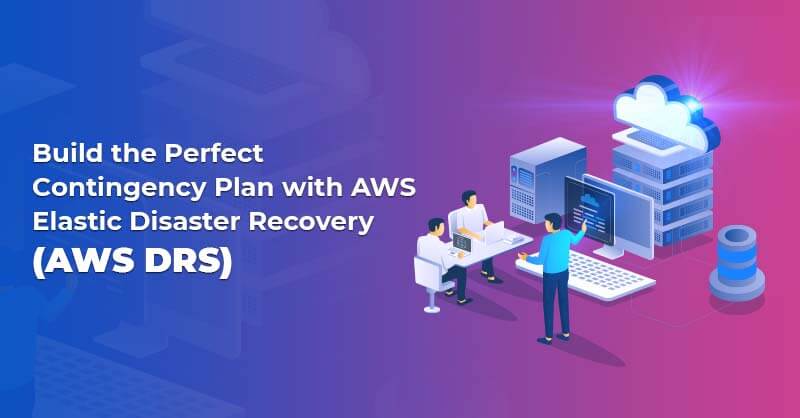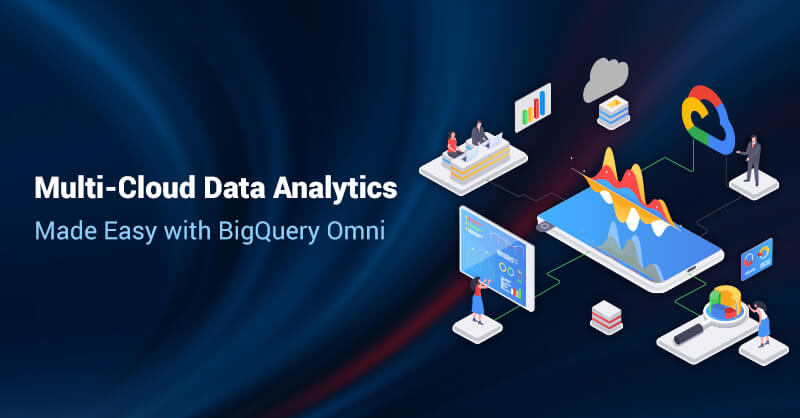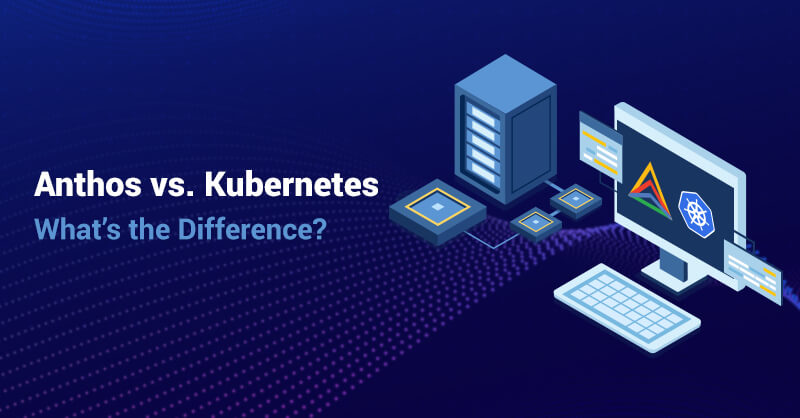What You Need to Know About Microsoft Azure DevOps
Written by Hafsa Mustafa
Technical Content WriterMicrosoft Azure DevOps may seem like a recent development; since the Azure DevOps services were officially launched in 2018, it is the rebrand of Visual Studio Team Service, which began as early as 2005. With Azure DevOps services, Microsoft Azure continues to pave the way for enabling tools for every part of the DevOps pipeline. Azure DevOps allows architects, developers, and testers to design, develop, and test software collaboratively.
Introducing Azure DevOps
DevOps is the buzzword to indicate more agile software development processes. In this age of cloud computing, where there is increased emphasis on cloud-native infrastructure, cloud service providers inevitably possess DevOps orchestration toolsets. Microsoft has ensured that cloud migration can also entail access to an advanced DevOps toolchain with Azure DevOps services. An added advantage of this cloud-based DevOps offering is that it has an extensive marketplace allowing for extensive third-party tie-ups, which enables this SaaS platform to create DevOps pipelines irrespective of cloud, language, or platform it is operating on. Five discrete Azure tools are part of this cloud-based platform, including:

Azure Boards
With the help of Azure Boards, DevOps teams can plan, track, and discuss work across teams, thus delivering value to your users faster. It is a work tracking tool with Kanban boards, backlogs, dashboards, reporting. Azure Boards contains interactive tools like Bastion, Firewall, Firewall manager, etc.

Azure Artifacts
Create, host, and share packages. Easily add artifacts to pipelines. Access Maven, npm, and NuGet package feed from public and private sources. Azure artifacts help the users share their codes among them and also monitor the packages.

Azure Test Plans
This toolkit allows test management and exploratory testing that lets you ship with confidence. Azure test plans service is an all-in-one planned testing solution that lets you manage your tests efficiently.

Azure Repos
Access unlimited cloud-hosted private Git repositories. Features collaborative pull requests, advanced file management, and more.

Azure Pipelines
CI/CD is language, platform, and cloud-agnostic- it works wherever you need it. Connect to Github or any Git provider and deploy continuously to any cloud.
What is Azure DevOps Server?
Azure DevOps also offers services for on-premises DevOps deployment. This version of Azure services is Azure DevOps Server, a rebrand and update of the Team Foundation Server. With Azure DevOps Server, devs can deploy cloud-based Azure DevOps tools on any DevOps pipeline. Whether on-premises, self-hosted on a cloud or a hosted service on Azure, you can access the five primary Azure services. Since it is cloud platform agnostic, deploying services across hybrid cloud and multi-cloud solutions has also become feasible. In addition, Microsoft, in a bid to encourage developers, is offering an express version of Azure DevOps Server and a free analytics feature added to the Azure DevOps services.
Azure Pipelines
Azure DevOps includes cloud-hosted pipelines for Linux, Windows, and macOS, with unlimited minutes for open source. There are several benefits to Azure Pipelines, such as:
Any language, any platform, any cloud
Build test, and deploy Node.js, Python, Java, PHP, Ruby, C/C++. .Net, Android, and iOS apps. Run in parallel on Linux, macOS, and Windows. Deploy to Azure, AWS, GCP or on-premises
Best in class for open source
Fast CI/CD for every open-source project. Azure Pipelines unlimited build minutes to all open-source projects and up to 10 concurrent jobs across Windows, Linux, and macOS
Extensible
Use a range of build, test, and deployment tasks - hundreds of extensions from Slack to SonariCloud. Support for YAML, reporting, and more
Containers and Kubernetes
Build and push images to container registries like Docker Hub and Azure Container Registry. Then, deploy containers to individual hosts or Kubernetes.
Azure DevOps brings together Azure Pipelines, Boards for Kanban obsessives, Artifacts for managing packages, Repos, and Test Plans, including planned testing. Thus, Microsoft enables developers to create and deploy DevOps pipelines without difficulty with such tools.
Cloud Migration strategy requires significant investment and effort in application development and modernization, whether a public, private, or hybrid cloud solution. The fundamental thing is to have a software engineering platform that brings people, processes, and technology together that helps to automate software delivery and provide continuous value to users. Azure DevOps can help streamline, speed, and improve the cloud migration process.
DevOps and Azure - Now closer to Royal Cyber
Azure DevOps brings together the key capabilities that every organization needs to employ to succeed. From team collaboration to continuous integration and automated testing, all the way to deployment and monitoring, Azure DevOps allows teams to implement these capabilities in a secure and scalable way.
At Royal Cyber, we can help you and your team implement and succeed with Azure DevOps. If you want to have an in-depth one-on-one conversation about these topics, you can drop us an email at [email protected] for our experts to contact you or visit www.royalcyber.com for more information.



